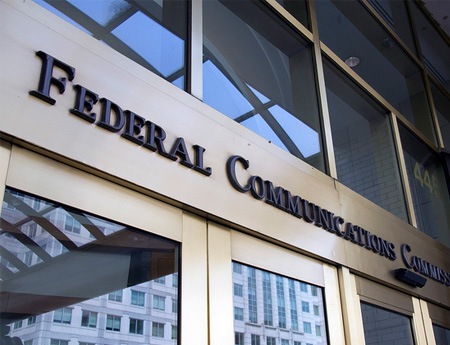NCTA: Title II Fans Are Fearmongering
The smarter way to stay on top of the multichannel video marketplace. Sign up below.
You are now subscribed
Your newsletter sign-up was successful

Cable operator and broadband providers call the suggestion that Title II is essential to safeguarding the virtuous circle of investment and innovation "preposterous" and the supposed demise of openness under a Title I regime "fearmongering."
That was in NCTA-The Internet & Television Association's comments onnet neutralityat theFCC.
NCTA said Title II proponents were relying on misleading analyses and manipulating data to "explain away" the harms of Title II common carrier regs.
NCTA said a dozen economists have submitted studies documenting Title II's reduction in the rate of investment.
The trade group provided several options for regulating the internet going forward, though it said such regulation wasn't really needed.
"While market forces are sufficient to ensure that BIAS providers continue to act in the interests of consumers, the record also confirms that there are several options for creating an appropriately tailored regulatory backstop," it told the commission.
Among those appropriate backstops could be "legislation to memorialize bright-line Open Internet rules that avoid the overhang of 1934 utility regulations," NCTA said, as well as having the Federal Trade Commission enforce regs. "[T]he record provides strong support for FTC oversight to ensure that BIAS providers honor their public commitments to refrain from blocking, throttling, and other anticompetitive conduct," it said.
That approach would be based on ISPs pledging not to block, throttle or anticompetitively prioritize traffic for a price, all things NCTA has pledged to do as part of voluntary commitments.
NCTA also agreed with those who said the D.C. Circuit "has held that Section 706 of the Telecommunications Act of 1996 provides a foundation for Commission action without any need to resort to Title II."
In any event, said NCTA, "the Commission should ensure that any regulatory framework avoids the overreach associated with the general conduct standard and refrains from regulating internet traffic-exchange arrangements or specialized services. In addition, the Commission should maintain a technologically neutral approach and ensure that national policy is not undermined by inconsistent state or local requirements.
The smarter way to stay on top of the multichannel video marketplace. Sign up below.
Contributing editor John Eggerton has been an editor and/or writer on media regulation, legislation and policy for over four decades, including covering the FCC, FTC, Congress, the major media trade associations, and the federal courts. In addition to Multichannel News and Broadcasting + Cable, his work has appeared in Radio World, TV Technology, TV Fax, This Week in Consumer Electronics, Variety and the Encyclopedia Britannica.

